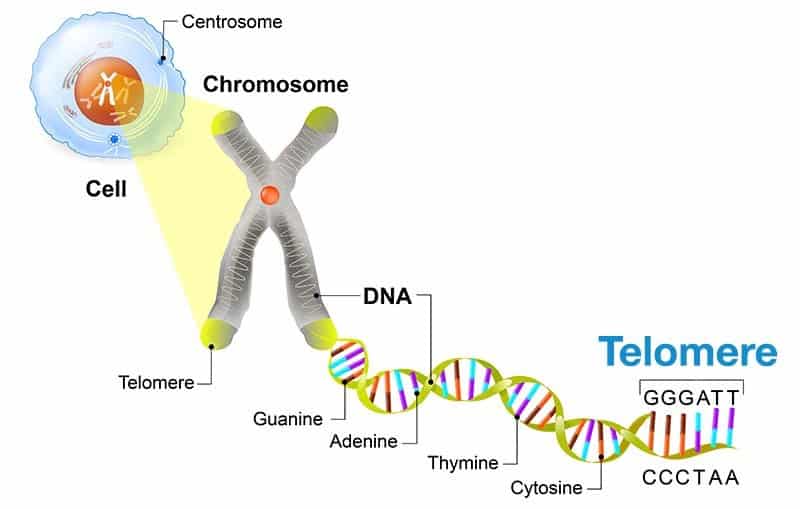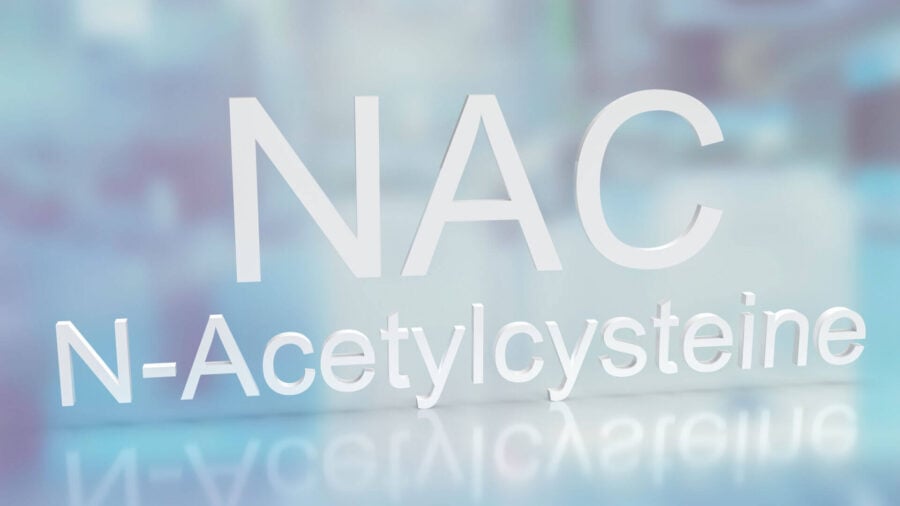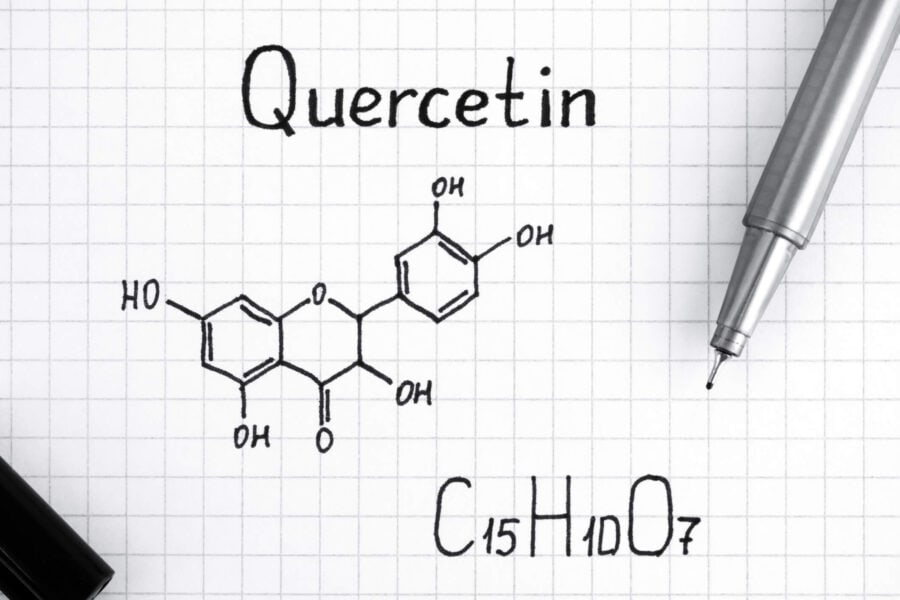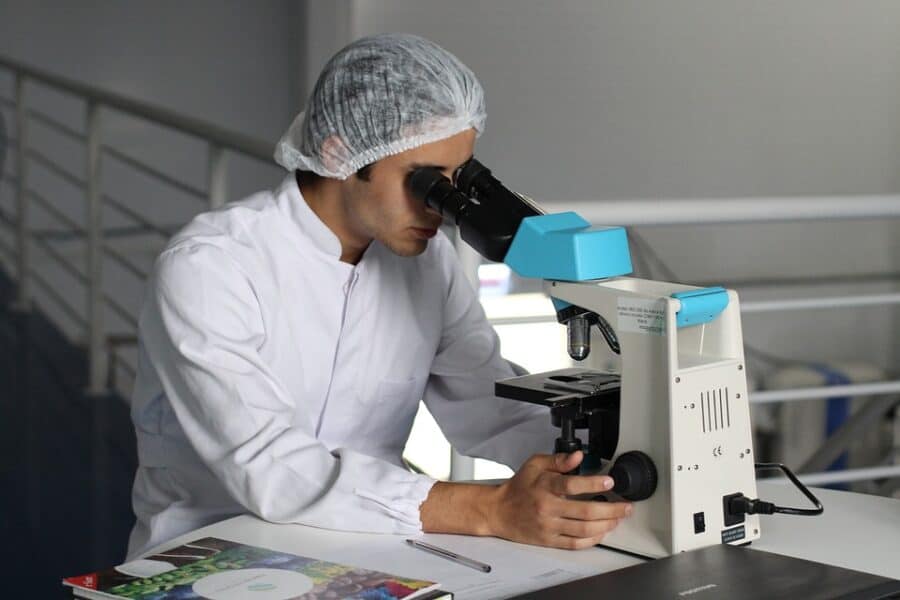Can increased NAD+ levels help you sleep better?
Sleep disorders are becoming more commonplace. This is causing more people to suffer from night time insomnia or daytime fatigue. This could be because of their circadian rhythms.
Researchers are now looking into the potential of the coenzyme called nicotinamide adenine dinucleotide (NAD+) to help regulate the circadian rhythm and provide rejuvenating sleep as well as more energy throughout the day.
The circadian rhythm is essentially the internal clock. It helps the human body regulate the natural energy flow that works with the phases of the sun. If the body’s circadian rhythm fails to maintain the standard flow of energy it can disrupt human sleeping patterns and lead to premature exhaustion. A problematic circadian rhythm has been found to have a negative impact on human health, making people more prone to disorders and hastening the ageing process.
Circadian rhythm disruption can lead to signs of early ageing
Modern medicine has been amazing for increasing the average human lifespan, but death remains inevitable. We begin to age and our cells commence replicating and regenerating. Our DNA begins to split and double every time this happens to ensure each piece of genetic info a new cell needs is good to go.
To ensure our DNA isn’t damaged in this process, they are protected by little caps called telomeres. These telomeres sit at the end of a strand of DNA like the end of a shoestring, but these caps begin to deteriorate and this leads to the increased risk of the ends fraying.
A DNA string begins to unravel once a telomere cap is gone, and this causes mutations that can lead to the cell’s death. This process is essentially like the cell’s very own biological clock at work, ageing and ageing before it reaches its death.
Fewer cells are able to be replicated once telomeres start to disappear. With fewer cells available, people begin to show signs of ageing in both their health and appearance. The skin becomes thin and loses its plasticity, and this is what causes wrinkles. Inside the body, our immune systems weaken and our organs become less efficient, increasing the risk of disease. Many scientists believe that telomere protection is the answer to staving off the effects of ageing.

Therefore, there are supreme efforts to protect telomeres from deteriorating as well as rejuvenating the natural circadian rhythm to reduce the signs of early ageing. There are now certain therapies that exist which contain components that connect telomeres and the circadian rhythm and are showing promising signs of increasing both the human lifespan and the quality of life.
NAD+ the beginning of energy
One notable example of telomere protection therapy is boosting the molecule nicotinamide adenine dinucleotide (NAD+). This compound is a vital cofactor for metabolism and energy production, and displays wide-reaching protective and neuro-restorative effects.
NAD+ is created by healthy components found in our food, and poor diet choices can cause low levels of the molecule in the body and can cause mental and physical exhaustion.
Another way you can administer NAD+ into the body is through dietary supplement, such as an NMN supplement, and research suggests that taking NAD+ supplements every day can improve cognitive function and reduce symptoms attributed to neurological diseases like Parkinson’s and Alzheimer’s. The primary role of NAD+ is to produce our energy currency ATP. Through assisting ATP production and enhancing energy stores, NAD+ can fight disruptive radical oxygen species that contribute to brain cell death. Clinical trials are starting to show the beneficial impact of NAD+ in regards to overall brain function and health.
NAD+ can also enhance DNA stability and protect the body’s cellular energy. The body is able to produce more energy with NAD+, and so it communicates an overall alertness that supports gene expression that regulates the body’s circadian rhythm. For example, the enzyme called Sirt1 telomere health in DNA. NAD+ is the direct activator of Sirt1, making it directly responsible for increasing a cell’s lifespan. Sirt1 has also been linked to a collection of enzymes that regulate our circadian rhythm, and this suggests that NAD+ can help people start to sleep better.
Circadian rhythm has a huge impact on our lives
Countless biochemical signals are sent through the body each time sunlight penetrates our eyes and skin in the morning. These signals indicate when we should wake, expend energy and thrive as the day goes on. As the sun begins to fade throughout the day, our bodies are told to rest and recharge.
Studies suggest that NAD+ supplementation can normalise the body’s circadian rhythm signalling. But it doesn’t stop at how we feel throughout the working day and if we have a good sleep, as our 24 hour cycle isn’t connected with energy throughout the day and ability to sleep at night.
The cycle influences ageing immune system function and metabolism. Scientists have found that circadian rhythm may also control how we function throughout the day. This can include aspects like mental acuity, metabolism, reproductive cycle and the sleep cycle.
Humans once depended on the bodily adaptation to the changing tides of the seasons to survive. In the warmer months, humans enjoyed plentiful harvests. In the colder months, humans relied upon the stores of food they produced in the warmer months and stayed in shelters to keep warm. Life would have been more difficult in this era, but the human body and mind adapted to such environments by utilising cycles of beneficial genes that worked against the negative impacts of seasonal changes.
Although the setting of the sun is when humans should start to think about resting and recharging, many are only just beginning their days.
Technology & circadian rhythm
Many humans are now susceptible to the drawbacks of technological advancements, one of the main ones being its ability to disrupt the circadian rhythm. Humans are now exposed to light wavelengths that give us an erroneous notion of alertness at all hours through our devices. People also work on their computers late into the evening, furthering the disruption of the circadian rhythm.
With remote work becoming more popular, people feel obligated to check their work channels later into the evening. Furthermore, workaholics often fail to adhere to healthy diets, as they may not have the time to cook nutritious food. This vitamin and nutrient intake is vital to supporting the natural chemical reactions that should be working with our circadian rhythm.
Instead, our production of certain biochemicals is decreasing, disrupting our natural circadian rhythm and causing the unnatural deterioration of our bodies and minds as we get older. All this only furthers the notion that NAD+ treatment could be an important factor for slowing the ageing process.



